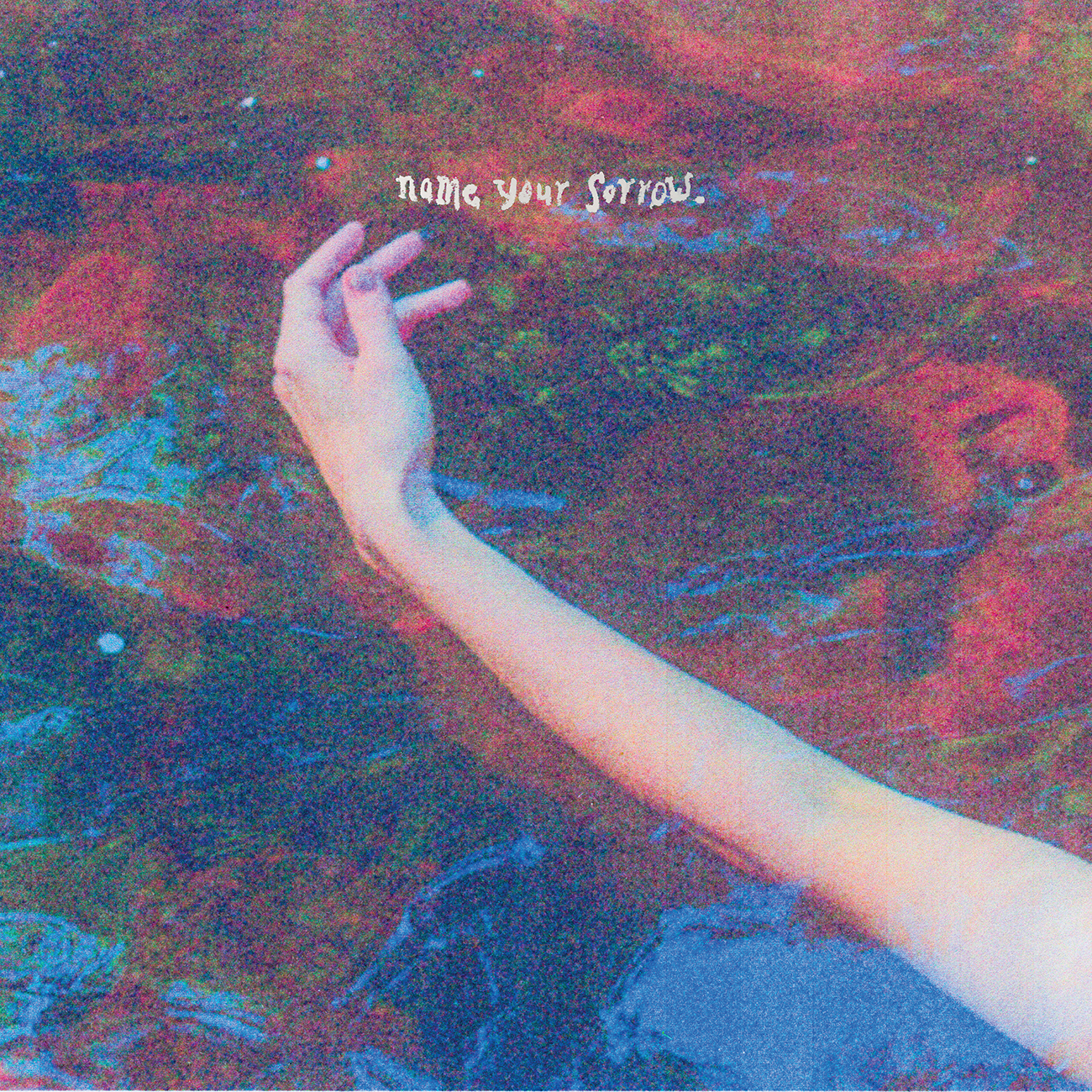
Suppose you talk to any Irish person within a certain age bracket. In that case, there’s a good chance you’ll hear a humble brag about how they saw U2 before they broke big, which can generally mean anytime between their first couple of gigs as The Hype to the release of their second album, October (although, some particularly cheeky bastards will extend that definition to any time before The Joshua Tree-era).
As a teen, I found myself hearing that a lot when my parents would tell people that I was in a band. “Well, we’re not very good,” I’d say to dampen the hype generated by my parent’s unsolicited PR. “Ah, sure, you’ve got to start somewhere,” the person would usually reply. “I remember seeing U2 at McGonagle’s…,” “…I remember seeing U2 at the Dandelion Market…,” “…I remember seeing U2 at The Baggot Inn…,” “…I remember seeing U2 open for The Stranglers at the Top Hat in Dún Laoghaire, and they were shite back then, but they kept at it, got good, and became the biggest band in the world!”
Years later, I would find myself doing the same thing anytime Fontaines D.C. came up in conversation. “I saw them twice before they broke big!” I would brag. “Once opening for Franz Ferdinand at the Olympia, and another time opening for The Horrors at the Tivoli on Francis Street, which is no longer there.” It’s a weird thing to brag about as it’s not exactly your achievement. Still, you do kind of feel like a part of history when you get to say that you saw a popular act in their early days, and it’s always nice to see local talent explode, which reminded me of another prominent act which I saw in their early days: Pillow Queens.
In 2017, the Russian performance-art punkers, Pussy Riot, brought their show, Riot Days, which was a concert/narrative production that detailed the story of their members’ arrests, on a tour of the UK and Ireland. When the show came to Dublin’s Button Factory, I was up front and the support acts for the night came from two local acts: Bitch Falcon and Pillow Queens.
If my memory serves me right, Pillow Queens got a very positive reception from the crowd that night, but Bitch Falcon, who not only had more of an established fanbase but were also more in line with the headliner’s sound, overshadowed them. In many ways, Bitch Falcon (along with Gilla Band) were the progenitors for the loud postpunk sound which seems to define Irish music at the moment, and which has proven hugely successful for succeeding acts like Fontaines, The Murder Capital, Just Mustard, Enola Gay, and Sprints.
And while their past members are currently enjoying great success in two great bands (HAVVK and Dose, respectively), Bitch Falcon’s rise would ultimately stumble due to the pandemic and, after releasing their first and only album in 2020, they would ultimately call it a day in 2022. Meanwhile, Pillow Queens have gone on to become one of Ireland’s greatest success stories for homegrown music. The band now sell out major venues and have signed with the Canadian label Royal Mountain Records, whose roster includes the likes of Mac DeMarco, METZ, and, formerly, Alvvays. After two highly acclaimed studio albums, which have raised the band’s profile both domestically and abroad, they are now releasing their third, Name Your Sorrow.
What I’ve always appreciated about Pillow Queens (and what has proved successful for them) is the stylistic distinction from a lot of their peers, not only sonically but in attitude. Pillow Queens are a band who proudly preach their righteous indignation at injustices and inequalities as those bands do (sometimes denotatively, other times more obliquely) but in a much more subdued, cerebral, and sometimes sardonic manner, which reminds me of songwriters as varied as Elvis Costello, Thom Yorke, Mark Sandman, Phoebe Bridgers, Fiona Apple, Nick Cave, and the frontman of a certain ‘80s British indie act who I’m not sure we’re allowed to talk about anymore.
The press release for this new album claims, “Name Your Sorrow is a more exposed record: no masks, no obliqueness, just a raw, open landscape of feeling,” and states the late writer Eavan Boland’s poem, “Atlantis – A Lost Sonnet” – which posits that the titular lost city was not so much a tangible location rather that “the old fable-makers searched hard for a word to convey that what is gone is gone forever and never found it. And so, in the best traditions of where we come from, they gave their sorrow a name and drowned it” – as a reference point.
Having listened to the record, I can definitely say that the elegiac nature of letting go is present but – to me; someone who is divorced from the songwriters and their experiences and is just basing their opinion off their interpretation of the art which was presented to them – it feels like music which was made in an attempt to offer catharsis for various negative life experiences but with uncertainty if that would be the actual result. If that was the case, I sincerely hope it worked because it’s a very bold and brave exercise and one which I think succeeded.
Here’s a potentially strange comparison, but Name Your Sorrow reminded me of the first time that I read The Bell Jar: as both are a piece of work that I adored but which depressed the hell out of me. Oddly enough, that’s a compliment. It succeeds in its aim, but, for me as an individual, maybe a little too well.
I try not to insert myself into my writing, but I think in the spirit of opening up – which the album invokes – it feels appropriate. I, your humble reviewer, am of a similar age to the members of Pillow Queens, and a lot of the dire but ultimately necessary metamorphosises of life and the resulting insecurities, doubt and threnody that arise from them, resonated a little too much for me and brought up some uncomfortable feelings and memories.
I want to phrase it like that because, as a listener, a song like “Gone,” for one (but not the only) example, hit me hard, but that’s not a fault of the album. Writing emotionally vulnerable music like this can have an impact on different listeners that may be more visceral for some, and that was just the case with me. But, to be honest, I would rather be depressed and feel something than apathetic when experiencing creative outputs.
Name Your Sorrow showcases Pillow Queens at their strongest, both from a production standpoint and in terms of songwriting. Their music has always been hard to describe, which is a good thing as that shows uniqueness, and, like past releases, this album shows experimentation, with a song like “February 8th” incorporating electronic beats and “Blew Up the World” offering a slower, acoustic reflection, but I don’t think the music is a huge departure from the band’s established sound; it just displays how tightly honed it has become.
Pillow Queens fans are in for a great (if heartbreaking) time with this release and it’s also a nice entry point for newcomers who want to check out this band that some decrepit old man has been telling them he once saw opening for Pussy Riot before they blew up. The band’s bravery has paid off magnificently and reminds people how they became as beloved and popular as they have.
What I would really love is if any young Pillow Queens fans (Definition: Anywhere from primary school-aged to their twenties) who enjoy the album today can write to me when they’re in their early thirties and, if I’m still alive then, tell me how the album resonates with you then compared to today.
By then, who knows how many bands you will have seen before they blew up?




Be the first to comment